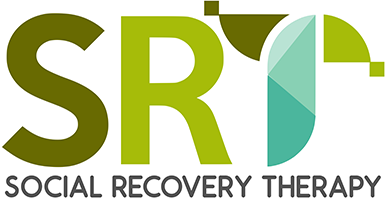Pathways to care of young people accessing a pilot specialist youth mental health service in Norfolk, United Kingdom
Jo Hodgekins, Timothy Clarke, Hannah Cole, Constantina Markides, Uju Ugochukwu, Peter Cairns, Rebecca Lower, David Fowler, and Jon Wilson
Aim
Pathways to care (PtC) are a means of examining and understanding routes into mental health care. It is important to examine PtC in order to identify ways in which individuals access services, as well as highlighting barriers or delays to appropriate treatment. This study aimed to examine PtC experienced by young people accessing a pilot specialist youth mental health service (SYMHS) for those with non‐psychotic, severe and complex mental health conditions in Norfolk, UK.
Methods
Data were collected on a subsample of referrals accepted into the pilot SYMHS (n = 94) over a 12‐month period. Duration and number of PtC were assessed using a semi‐structured interview augmented by health record examination. Measures of premorbid history, symptoms and functioning were also collected.
Results
The mean length of PtC was 3.74 years, and a mean of 5.53 pathways was experienced before appropriate services were accessed. Individuals were most likely to first seek help from their general practitioner followed by an educational provider. There were no associations between PtC and current symptoms, although individuals with a premorbid history of mental health problems experienced shorter PtC. There was a trend suggesting that individuals with long pathways had poorer functioning compared with those with shorter pathways.
Conclusions
Pathways to care are variable in a group of young people presenting to mental health services. A majority of participants experienced ‘long pathways’, which may negatively impact on outcome. The results indicate the need to improve access to appropriate services by overcoming pathway barriers. Service implications are discussed.
